Tour de France 2024: TOUR Tech briefing for Stage 15 - the fastest bikes for a breakaway
Robert Kühnen
· 14.07.2024
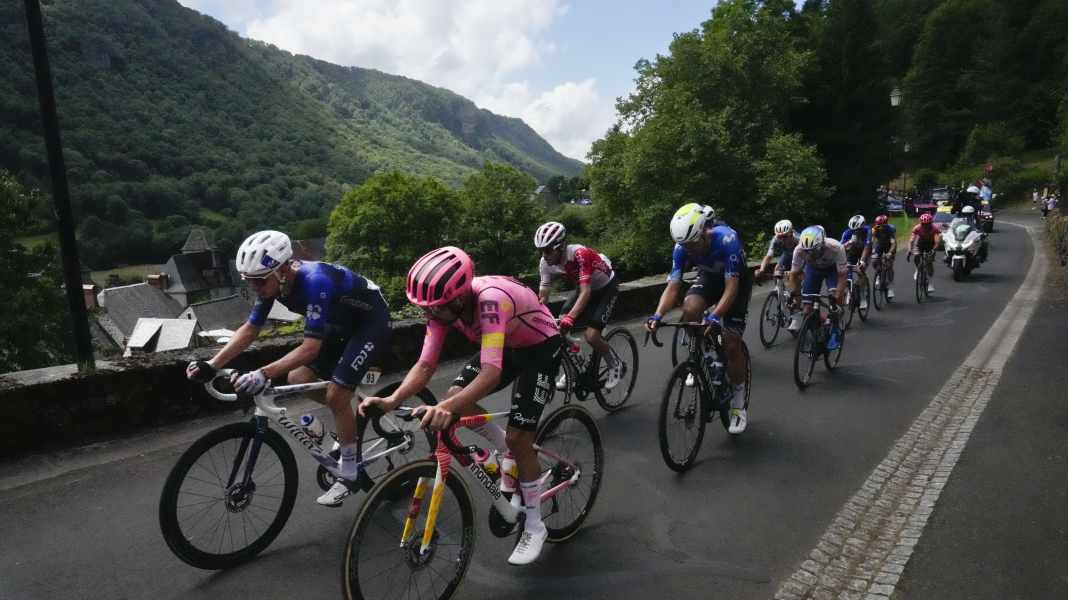
Tour de France 2024 - Stage 15: Loudenvielle - Plateau de Beille | 197.7 Kilometers
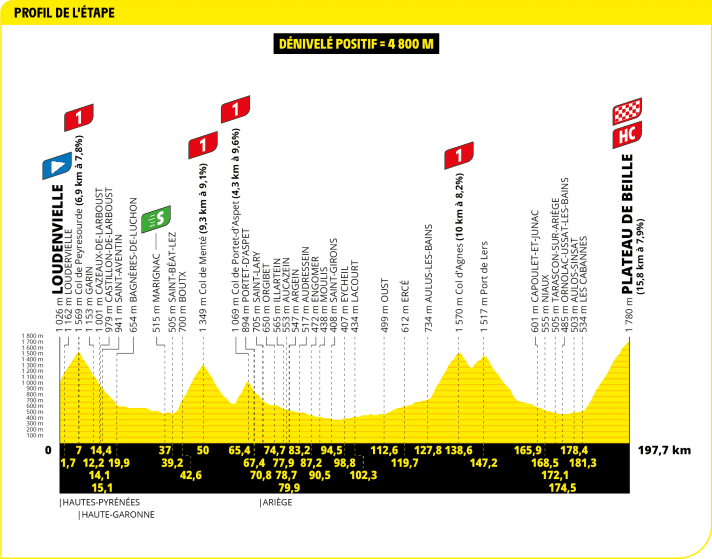
The rollers will be whirring before the 15th stage of the Tour de France 2024, as the riders will want to warm up before the cold start: the Col de Peyresourde is right at the start. It is to be expected that climbing specialists will immediately set off on the run over the day’s total of 4,800 meters of altitude, spread over six summits.
The toughest and longest climb comes at the end: the ascent to the Plateau de Beille is 1246 meters in altitude. This is where it will probably be decided whether breakaway riders make it through or whether the gc-riders win the stage.
Until then, however, a lot of energy will have to be invested. Anyone who spends this day on the run will have to eat, eat and eat again. The energy expenditure will be over 6000 kcal. However, only around 2500 kcal can be consumed and utilized on the way. The rest will have to be provided by well-filled glycogen stores and the fat that can be burned in the valleys.
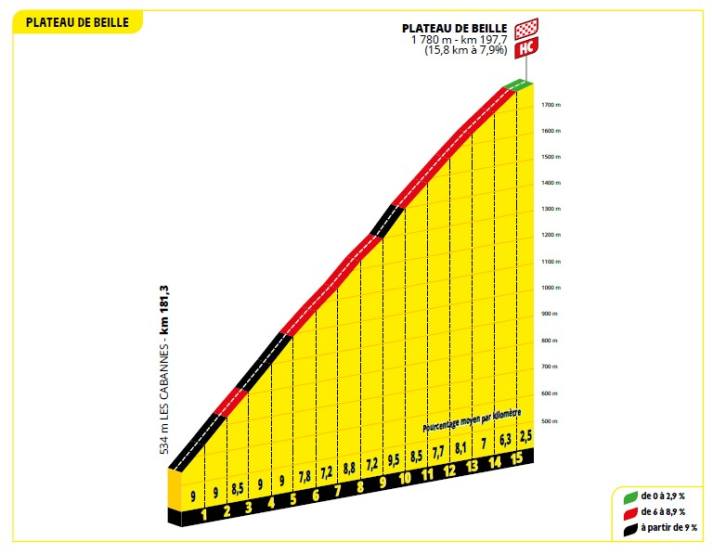
The simulation of the day revolves around the question of whether a breakaway climber should choose his bike as light as possible at all costs for the epic ride over five mountains and through three valleys, or whether aerodynamics don’t also have a say on such a long escape.
As a regular reader of the Tech Briefing, what do you think? Which bike is best for this ride? After all, a recreational rider in a big mountain marathon faces a very similar question.
Number of the day: 4:20 minutes
The calculation shows that aerodynamic bikes that are not too heavy are the best getaway machines for this long ride in the mountains.
Riding through the valleys slows down less aerodynamic bikes. This hits solo riders even harder than riders in breakaway groups, because they can slipstream each other.
The (almost) entire field at a glance*
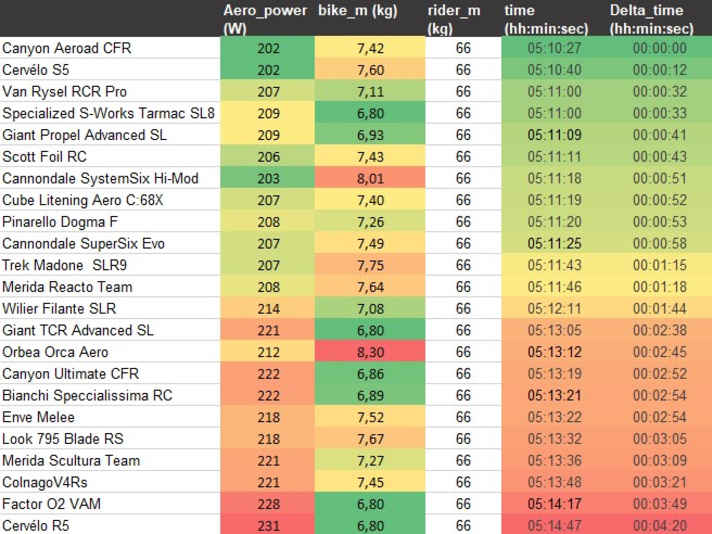
*) The calculations are based on the bikes tested by TOUR in the laboratory and wind tunnel. The bikes at the Tour de France may differ in some details. Of course, we have also not yet been able to examine last-minute prototypes. Background to the simulation.
Table: The simulated riding times for an escape from kilometer zero. Aero bikes lead the ranking for the best climbing bike of the day. Low weight alone is no guarantee for the fastest possible ride over 4,800 meters of altitude.
Our expert
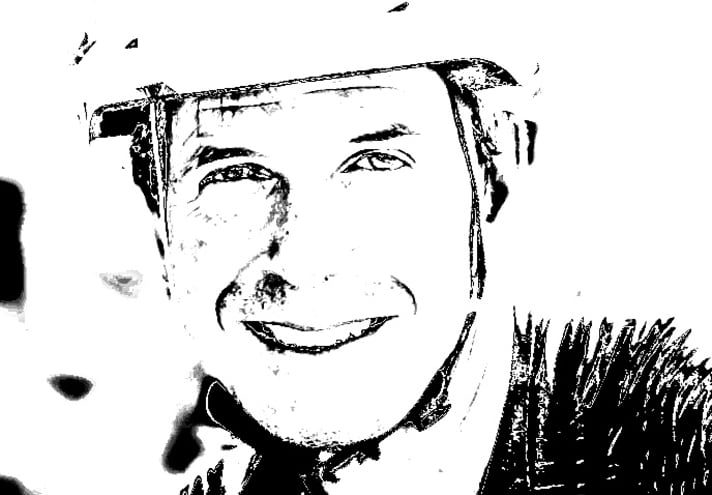
Robert Kühnen studied mechanical engineering, writes for TOUR about technology and training topics and develops testing methods. Robert has been refining the simulation calculations for years, they are also used by professional teams.
